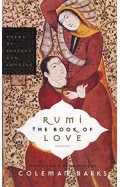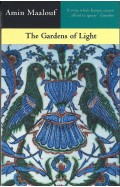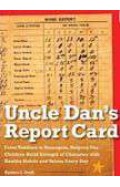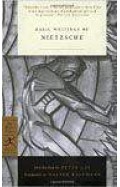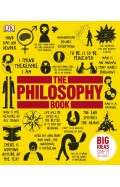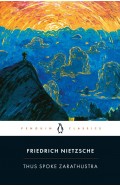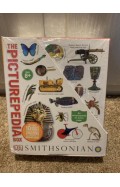The Politics (Penguin Classics)
By: Aristotle
-
Rs 2,965.50
- Rs 3,295.00
- 10%
You save Rs 329.50.
Due to constant currency fluctuation, prices are subject to change with or without notice.
In The Politics Aristotle addresses the questions that lie at the heart of political science. How should society be ordered to ensure the happiness of the individual? Which forms of government are best and how should they be maintained? By analysing a range of city constitutions - oligarchies, democracies and tyrannies - he seeks to establish the strengths and weaknesses of each system, and to decide which are the most effective, in theory and in practice. Like his predecessor Plato, Aristotle believed that the ideal constitution should be good in itself and in accordance with nature, and that it is needed by man - 'a political animal' - to fulfil his potential. A hugely significant work, which has influenced thinkers as diverse as Thomas Aquinas and Machiavelli, The Politics remains an outstanding commentary on fundamental political issues and concerns, and provides fascinating insights into the workings and attitudes of the Greek city-state.
The introductions by T.A. Sinclair and Trevor J. Saunders discuss the influence of The Politics on philosophers, its modern relevance and Aristotle's political beliefs. This edition contains Greek and English glossaries, and a bibliography for further reading.
Aristotle (384-322BC) was born at Stagira, in the dominion of the kings of Macedonia. For twenty years he studied at Athens in the Academy of Plato. Some time later, became the tutor of young Alexander the Great. His writings, including De Anima, The Nicomachean Ethics, Poetics, and The Politics, profoundly affected the whole course of ancient and medieval philosophy.
If you enjoyed The Politics, you might like Plato's Republic, also available in Penguin Classics.
| Book | |
| What's in the Box? | 1 x The Politics (Penguin Classics) - |
In The Politics Aristotle addresses the questions that lie at the heart of political science. How should society be ordered to ensure the happiness of the individual? Which forms of government are best and how should they be maintained? By analysing a range of city constitutions - oligarchies, democracies and tyrannies - he seeks to establish the strengths and weaknesses of each system, and to decide which are the most effective, in theory and in practice. Like his predecessor Plato, Aristotle believed that the ideal constitution should be good in itself and in accordance with nature, and that it is needed by man - 'a political animal' - to fulfil his potential. A hugely significant work, which has influenced thinkers as diverse as Thomas Aquinas and Machiavelli, The Politics remains an outstanding commentary on fundamental political issues and concerns, and provides fascinating insights into the workings and attitudes of the Greek city-state.
The introductions by T.A. Sinclair and Trevor J. Saunders discuss the influence of The Politics on philosophers, its modern relevance and Aristotle's political beliefs. This edition contains Greek and English glossaries, and a bibliography for further reading.
Aristotle (384-322BC) was born at Stagira, in the dominion of the kings of Macedonia. For twenty years he studied at Athens in the Academy of Plato. Some time later, became the tutor of young Alexander the Great. His writings, including De Anima, The Nicomachean Ethics, Poetics, and The Politics, profoundly affected the whole course of ancient and medieval philosophy.
If you enjoyed The Politics, you might like Plato's Republic, also available in Penguin Classics.
The Philosophy Of Aristotle (signet Classics)
By: Aristotle
Rs 1,705.50 Rs 1,895.00 Ex Tax :Rs 1,705.50
Zubin Mehta: A Musical Journey (An Authorized Biography)
By: VOID - Bakhtiar K. Dadabhoy
Rs 892.50 Rs 1,050.00 Ex Tax :Rs 892.50
Rumi The Book Of Love Poems Of Ecstasy And Longing
By: Coleman Barks
Rs 3,055.50 Rs 3,395.00 Ex Tax :Rs 3,055.50
The Quest For Meaning: Developing A Philosophy Of Pluralism
By: Tariq Ramadan
Rs 1,185.75 Rs 1,395.00 Ex Tax :Rs 1,185.75
The Basic Writings of Nietzsche
By: Peter Gay/Sigmund Freud
Rs 3,865.50 Rs 4,295.00 Ex Tax :Rs 3,865.50
Rumi The Book Of Love Poems Of Ecstasy And Longing
By: Coleman Barks
Rs 3,055.50 Rs 3,395.00 Ex Tax :Rs 3,055.50
DK Smithsonian The Picturepedia 10 Book Set with 5 Posters NEW / SEALED
By: DK Smithsonian
Rs 6,747.50 Rs 13,495.00 Ex Tax :Rs 6,747.50
Zubin Mehta: A Musical Journey (An Authorized Biography)
By: VOID - Bakhtiar K. Dadabhoy
Rs 892.50 Rs 1,050.00 Ex Tax :Rs 892.50
The Philosophy Of Aristotle (signet Classics)
By: Aristotle
Rs 1,705.50 Rs 1,895.00 Ex Tax :Rs 1,705.50
Rumi The Book Of Love Poems Of Ecstasy And Longing
By: Coleman Barks
Rs 3,055.50 Rs 3,395.00 Ex Tax :Rs 3,055.50












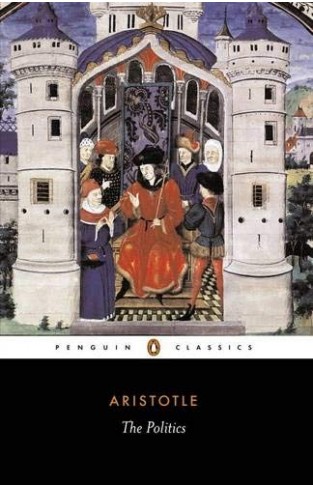
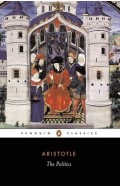
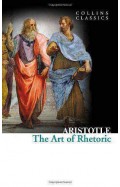
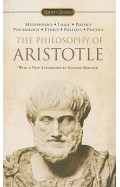
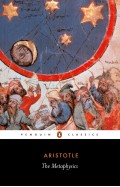
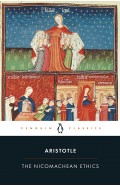
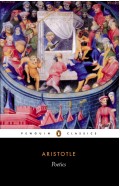
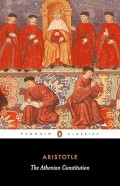

-120x187.jpg?q6)





